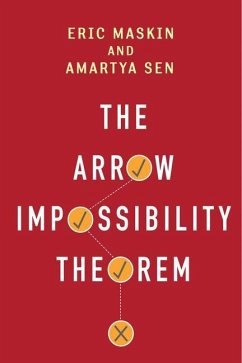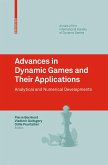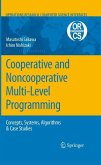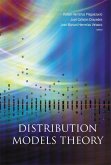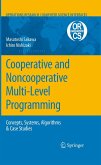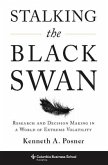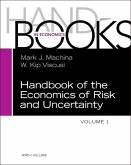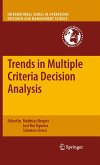Kenneth Arrow's pathbreaking impossibility theorem was a watershed in the history of welfare economics, voting theory, and collective choice, demonstrating that there is no voting rule that satisfies the four desirable axioms of decisiveness, consensus, nondictatorship, and independence. In this book, Amartya Sen and Eric Maskin explore the implications of Arrows theorem. Sen considers its ongoing utility, exploring the theorems value and limitations in relation to recent research on social reasoning, while Maskin discusses how to design a voting rule that gets us closer to the ideal - given that achieving the ideal is impossible. The volume also contains a contextual introduction by social choice scholar Prasanta K. Pattanaik and commentaries from Joseph E. Stiglitz and Kenneth Arrow himself, as well as essays by Sen and Maskin outlining the mathematical proof and framework behind their assertions.
Hinweis: Dieser Artikel kann nur an eine deutsche Lieferadresse ausgeliefert werden.
Hinweis: Dieser Artikel kann nur an eine deutsche Lieferadresse ausgeliefert werden.

